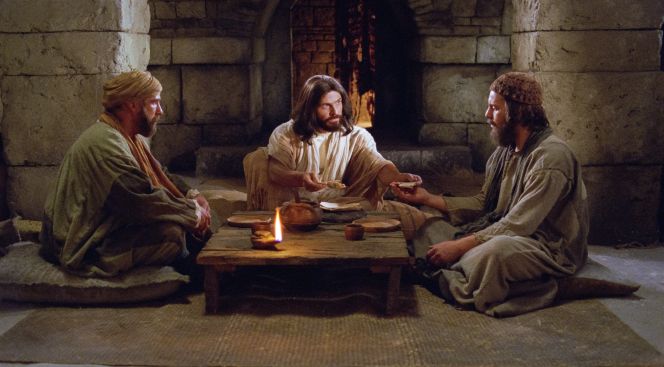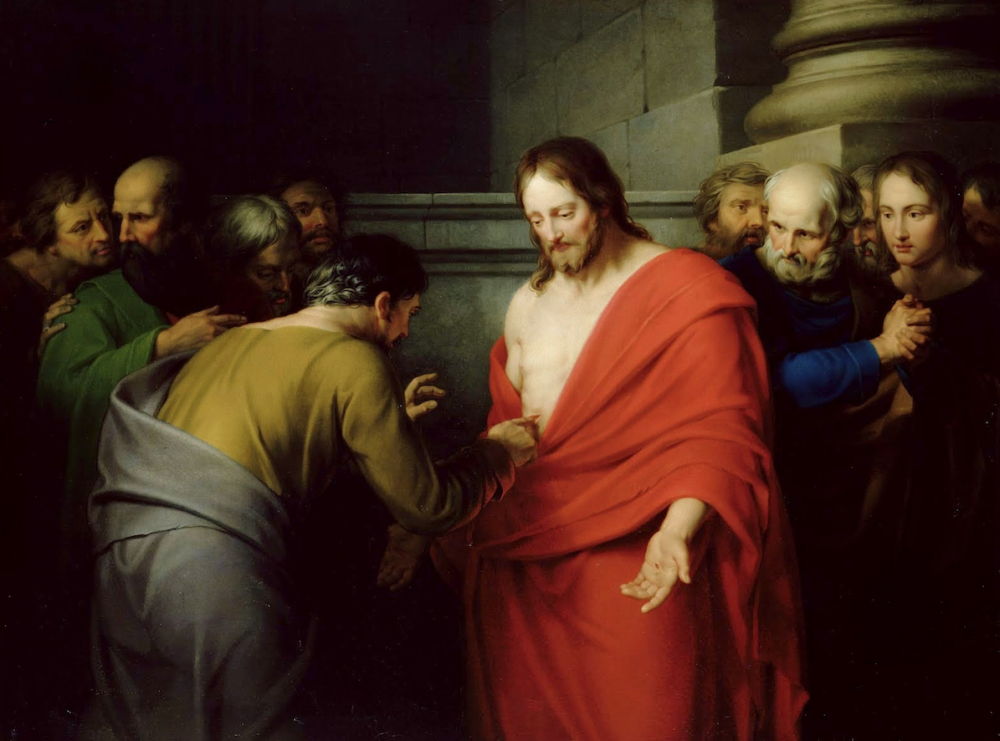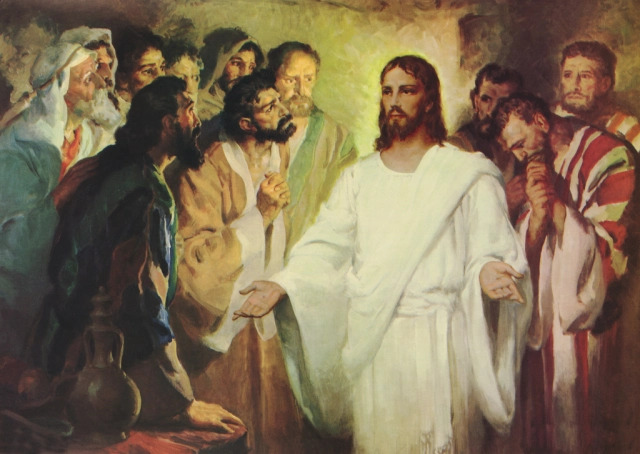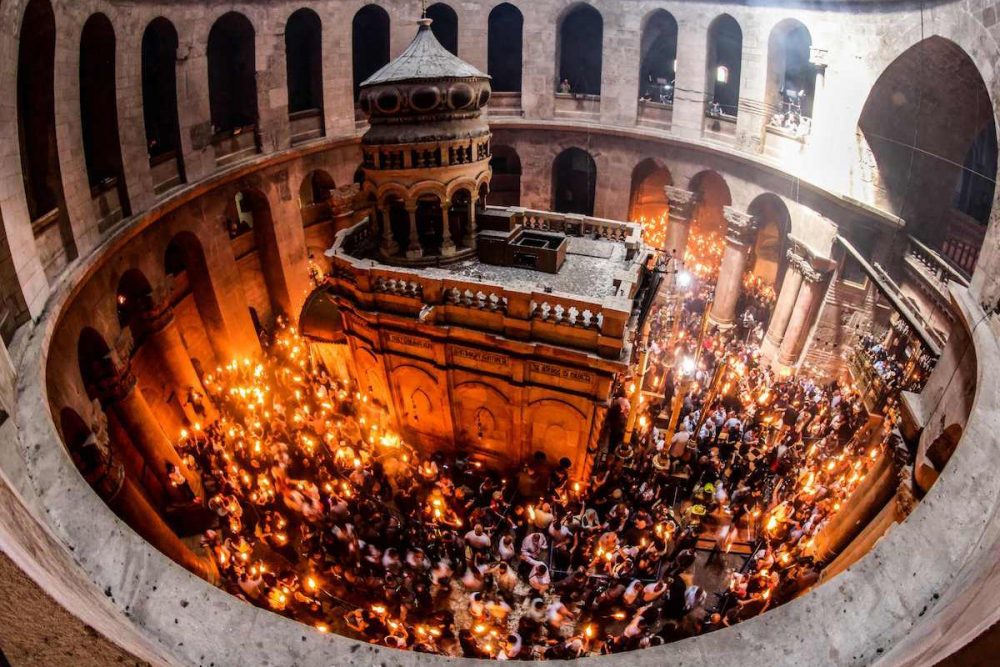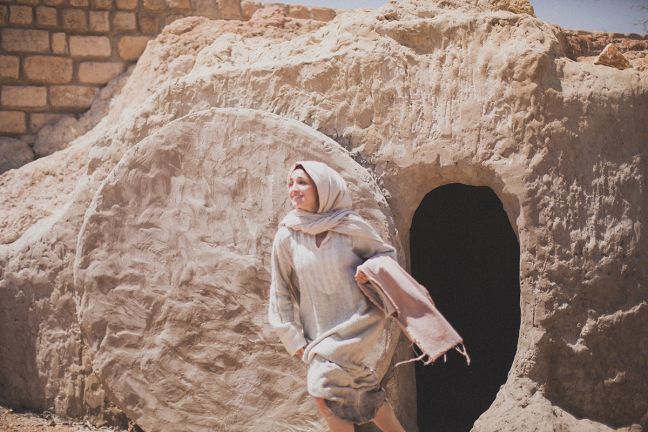“How do we get used to the voice of the Shepherd? Choosing a passage from the Bible at random and trying to find a personal message in it, is a practice like taking a lottery ticket, and is practiced around the world. It cancels out the personal process of discernment. The random usage of the Word of God is more likely to satisfy human curiosity. Even the Evil One tempted the Lord using scripture quotes. Since that realization came, I have started a process of discernment of listening to the voice of the Lord in the Scriptures, based on the global values that the Scriptures give us.”




